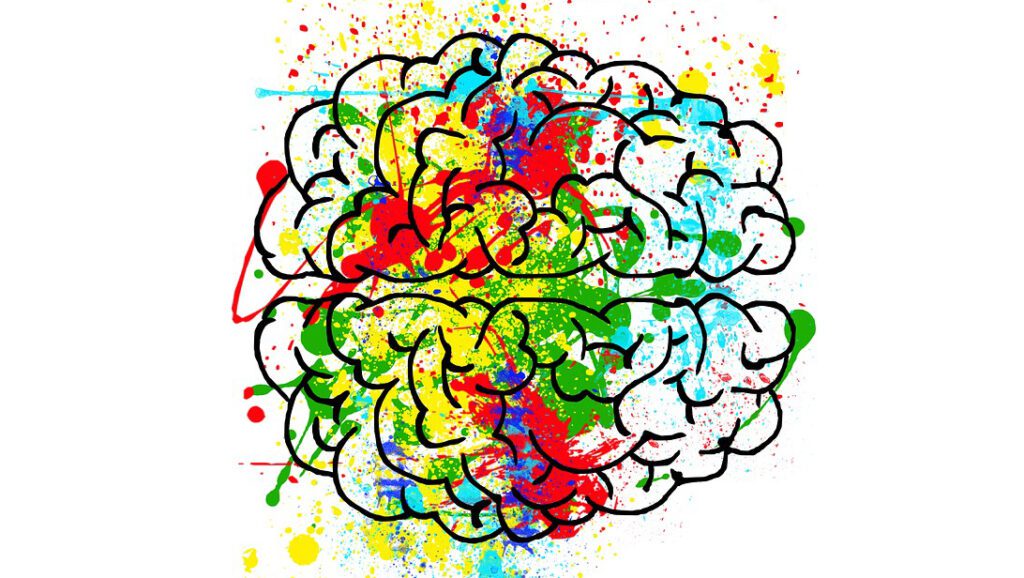Brain health appears to have an equity problem.
According to a recent report by Biogen, “Neurological conditions such as stroke, Alzheimer’s disease and Parkinson’s disease are leading causes of disability and premature death, afflicting women, people of color and low-income communities at much higher rates than average.”
It is disconcerting then that, “[a]ccording to the American Association of Medical Colleges, about 30% of neurology faculty at teaching hospitals in the U.S. identify as women, 3% Hispanic or Latinx, 2% Black or African American, and less than 1% identify as Native or Indigenous.”
Meanwhile, the importance of brain health has become more of a priority with the onset of the COVID-19 pandemic. Not only has the pandemic stressed medical systems and decreased access within high-risk communities, the virus has also had notable effects on the brain health of some patients.
The impact of COVID-19 on brain health
“Long COVID” affects a variety of patients and “often involves a constellation of symptoms affecting many parts of the body, but the most commonly reported are fatigue, shortness of breath, chest pains, cognitive changes, headaches, sensory changes and pain.”
“Some data suggests 4.5% of people infected with COVID-19, or about 1 in 22, will have symptoms beyond eight weeks post-COVID, while other studies point to closer to 49%,” says a neuroscience expert writing in The Conversation. “Some studies show that among people hospitalized for COVID-19, up to 63% continued to have symptoms – specifically fatigue or muscle weakness – six months later.”
When it comes to brain health, not much is known about the neurological effects of long COVID aside from the well-documented “brain fog” that can last for months. However, neurologists are also “seeing many cases of ‘dysautonomia,’ or impaired regulation of the nervous system that controls heart rate and blood pressure – the ‘fight or flight’ part of the nervous system,” The Conversation continues. These observations are prompting further study.
In a report published in Nature, scientists in the UK found that “there is strong evidence for brain-related abnormalities in COVID-19,” including, “(i) greater reduction in gray matter thickness and tissue-contrast in the orbitofrontal cortex and parahippocampal gyrus, (ii) greater changes in markers of tissue damage in regions functionally-connected to the primary olfactory cortex, and (iii) greater reduction in global brain size.”
Underrepresented groups are already at a higher risk for neurological conditions and have faced higher rates of death from COVID, as CDC data shows: “Black Americans make up 13% of the US population. They make up 23% of COVID-19 deaths.” It therefore follows that brain health within these communities is going to become a higher risk factor overall.
The importance of a diverse neuroscience workforce
The Biogen Foundation collaborated with Massachusetts General Hospital (MGH) and Dr. Nicte Mejia Gonzalez, director of MGH Neurology’s Community Health, Diversity and Inclusion Initiatives, to develop the MGH Youth Neurology Education and Research Program. This program aims “to advance health equity and scientific innovation by building a diverse pipeline of future neuroscientists and neurologists with strong leadership skills.” More diversity among medical practitioners equals better access and care for the communities they represent.
March 14-20 is Brain Awareness Week, founded by the Dana Alliance for Brain Initiatives (DABI) and the European Dana Alliance for the Brain (EDAB), and is coordinated by the Dana Foundation. The week aims to both educate people about brain health, as well as spark the interest of students in pursuing careers in neurology. If neurology can engage with high-risk communities, improve education about brain health, and increase the number of students going into medical fields, then we may be on our way to better brain health for everyone.




